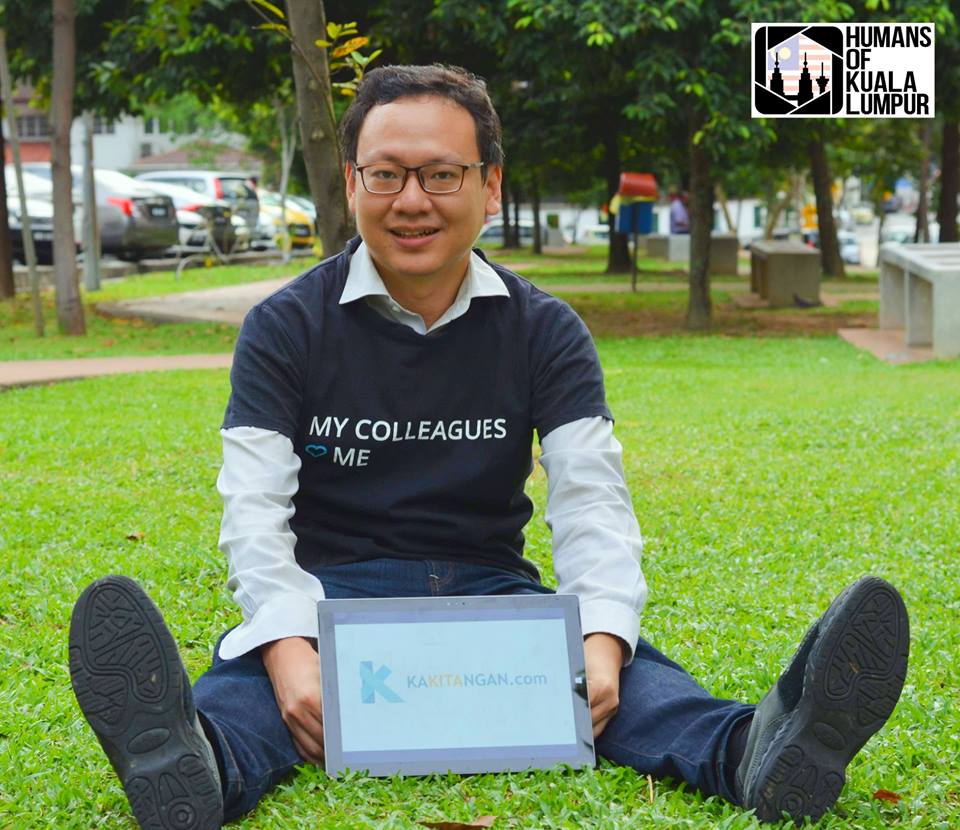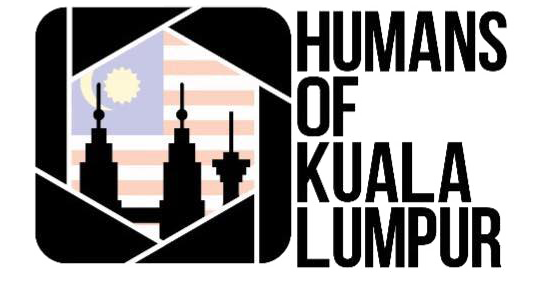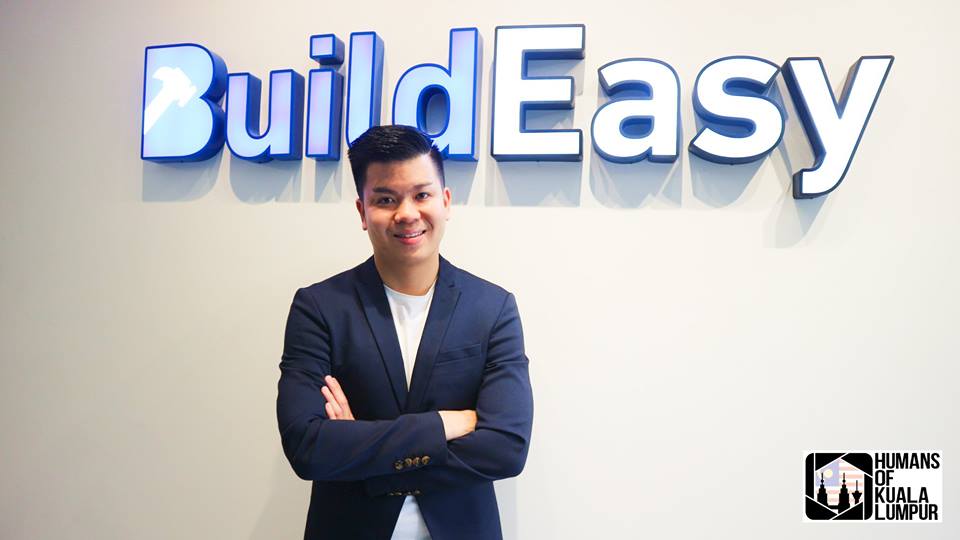
(1/2) “I started off as an engineer, and have worked in corporate finance, IPOs, and even the sales line – so what was next? I wanted to do something that could change the world. At that time I naively thought, of joining a Silicon Valley startup – go to the US – and join Google or Microsoft. So I blindly applied to do an MBA in Stanford University – and was rejected.
Life is like a box of chocolates. A month after the rejection letter, I got interviews from Microsoft, Google and a few venture capitals. Eventually I decided to join Microsoft in China. Microsoft‘s HQ is in Seattle, but they have two big R&D centres in India and China.
I joined China’s engineering team on Microsoft Office, starting from Outlook, to Office Android, to Sharepoint Online. Sharepoint was the fastest selling Microsoft product ever.
They hired thousands of engineers for China. China has a big talent pool – every year China is producing 7 million graduates, the majority are engineering students. That’s the talent pool that they have the luxury of tapping from. I will always remember HR telling me, how they hired 1 person out of 2000 candidates.
A lot of people complain about the lack of talent pool in Malaysia. Last time we used to have a lot of Malaysians who are top students in universities abroad. But when they come back to Malaysia, its hard for them to find job opportunities where they can learn.
If there are more big tech organizations like Microsoft, Google and Amazon or well-funded local startups like Grab and Lazada – setting up global product engineering teams here in Malaysia, it will bring world-class engineering practice, that will nurture the local talent pool and subsequently benefit the local startup ecosystem.
This is exactly what happened in China 20 to 30 years ago. When Microsoft moved to China, it took them about 20 years to build up the talent pool. At the very beginning, they only employed junior engineers from China, whilst senior engineers were brought over from the US.
The senior engineers will nurture the junior engineers. In a few years time, the juniors became a strong middle layer. The middle layers came out and joined forces with the likes of Alibaba and Baidu, and continue to nurture homegrown startups.
Luckily, I managed to pull one of my colleagues from Microsoft China to start up a software business together. That’s how Kakitangan.com started.
We wanted to build softwares previously only available to big corporate companies, for smaller companies. Kakitangan.com automates HR (Human Resources) operations such as leave submissions and payroll operations, so the staff can spend more time building their business and their people.
In smaller companies, HR spend most of their time doing payroll and leave applications. These are the kind of things you should use software to automate, and let your staff focus on the important work – how to keep employees engaged, how to keep employees improving.
If 3 years down the road, we help Malaysian SMEs (Small-Medium Enterprises) become 10{eb97150a49149dc6c9e8165e90f1c9129bb6172e02a598b4264a1fc329d7d5bc} or 20{eb97150a49149dc6c9e8165e90f1c9129bb6172e02a598b4264a1fc329d7d5bc} more efficient, that’s a relatively good contribution to the country.
Agencies like MaGIC has helped us grow, by introducing us to other startups that eventually became our clients. By joining the ASEAN Accelerator track, we also made friends with startups from the rest of Southeast Asia, which we still keep in touch until today. It even taught us how to explore and move the business to other countries.
That’s how I hope to contribute to a better Malaysia, by bringing international world class engineering knowledge to Malaysia, due to our experience as founders of a software company, where we can help build Malaysia’s talent pool. I always tell my colleagues, the future is not talked out, the future is built out. The future is built by you, one step at a time.”
__________________________
Humans of Kuala Lumpur is partnering with Malaysian Global Innovation and Creativity Centre (MaGIC) in featuring inspiring and impact-driven entrepreneurs, problem solvers and startups in their mission to solve Malaysia’s problems!#HumansofMaGIC
Photostory by Amalina Davis
Edited by Mushamir Mustafa
Do you have a story? Let us know here: https://forms.gle/ht4HsvbxgSgcKS5h8
(This post was first published on July 14th 2018)


